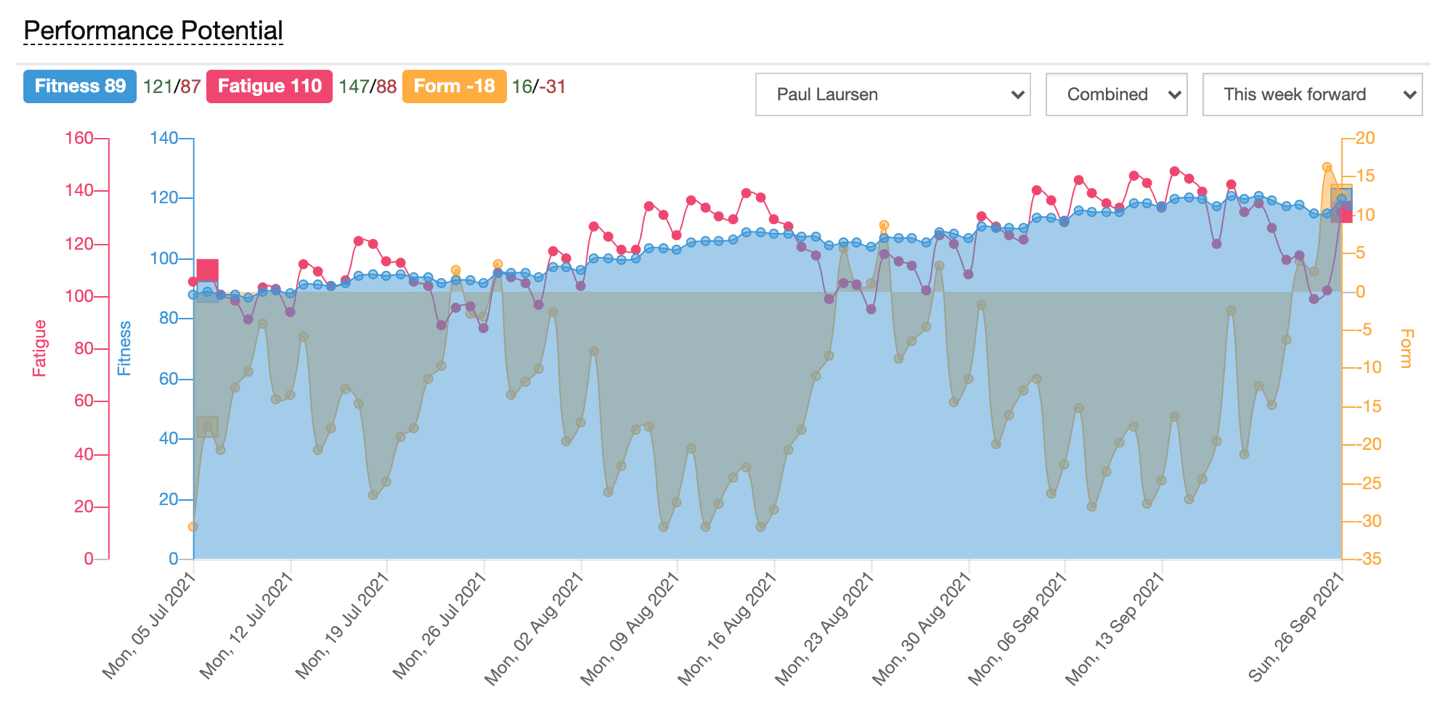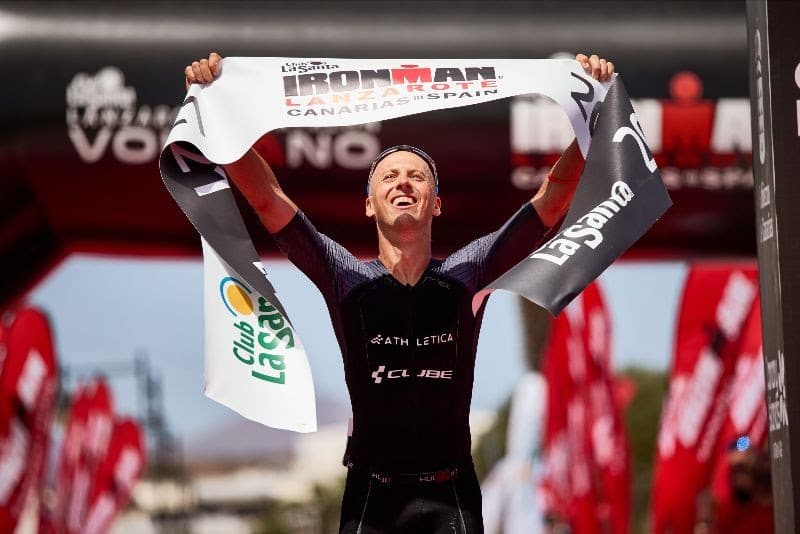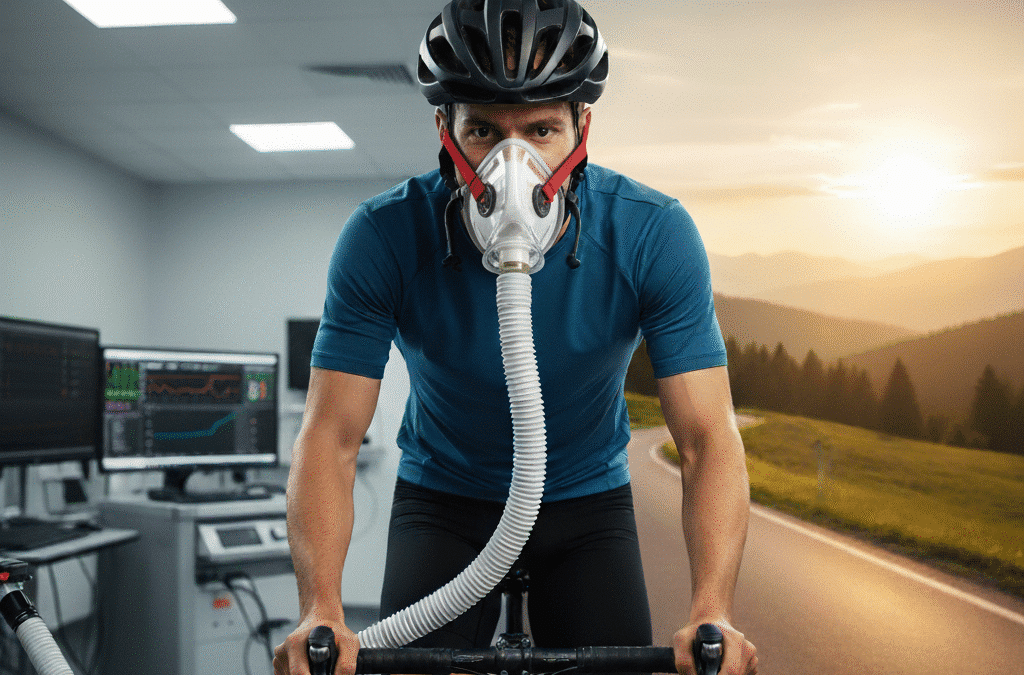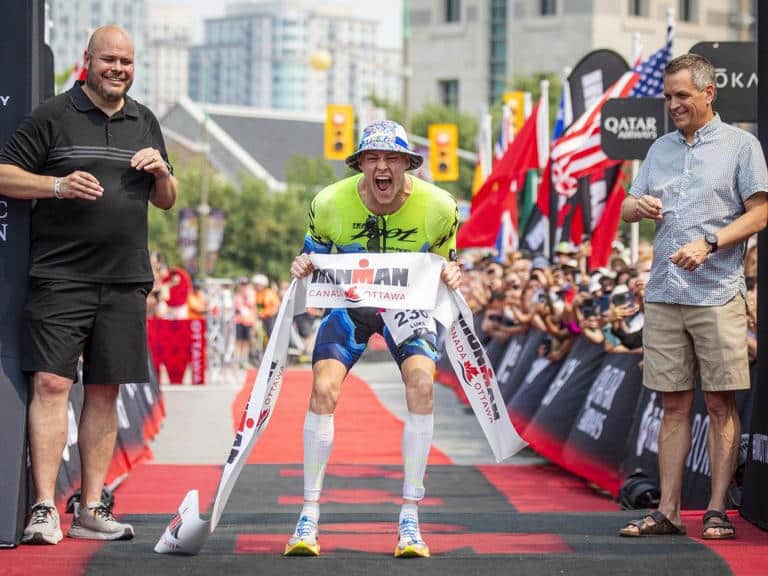We were so stoked over the weekend as we watched Athletica’s brand ambassador Andi Boecherer win at Ironman Lanzarote. We caught up with Andi after his race to discuss his race preparation and execution, and he provided loads of tips we can all take into our training and racing.
Athletica:
Congrats on your win over the weekend at Lanzarote Andi. Obviously, you had a great day with a dominating 8 min win and being only 2 minutes shy of the course record. I think Athletica members would be really interested to hear what you thought were some of the key factors that helped bring out your best on the day.
Andi:
If I had to pick my key things they would be 1) my fat oxidation, 2) my training preparation, and linked to this, would be 3) my organisation and mental space.
- Fat oxidation. For all of my longer sessions, I do most of these in the fasted state, and I work towards extending these. My ability gets longer and longer in these as my training progresses towards race day. By the time race day comes around, I feel very confident that I can go without nutrition at any given moment when I have to. That gives me great confidence in my ability.
- Preparation. The preparation with Athletica was of course key. We hit all the nails, all the targets, all the time. I feel the key point here for athletes is that we never go and forget any one target, but additionally, we never overkill another. This helped me to be very well rounded, and resulted in the 3rd fastest bike split, and the 2nd fastest marathon split of the day, resulting in a very well-balanced performance, and an 8-minute advantage over my nearest competitor.
- Organization and mental space. Being well organized for the race was key. I tried to organise everything as early as possible. I prepared my transition bags at home, as I flew in just 3 days before the race and still had course recon to do. Being organized reduces the mental stress of the race itself. The lower you can make that mental stress, the more you can apply it to the race itself. So my solid preparation combined with being organized meant I was in the perfect frame of mind mentally to execute my best race.
Athletica:
So obviously that’s a great list of ‘big rock’ items that Athletica athletes can take on board in their own preparation. But what about the big day itself. How do you go about executing a day like you had from the mental standpoint? What are some of the key things you think about doing or not doing as the day rolls out.?
Andi:
Obviously for a long day like Ironman, nutrition is very important. So I went for a 2 bottle strategy – 1 additional bottle under the seat itself, plus extra nutrition placements on my bike. This gave me a plan A, B and C in case I missed aid stations. Recognizing that it’s a very long day, so keeping your calm while the day progresses is paramount. I also believe that if you have a rough patch in your race, as we all do, your strength will come back. So again, being calm and patient is also important. You also really need to be on your game the whole day, so being alert and cautious and aware of everything in each moment is key – your energy levels, your pacing, your nutrition, where you are positioned, etc. Finally, feeling happy and grateful for the opportunity to race is also helpful to me.
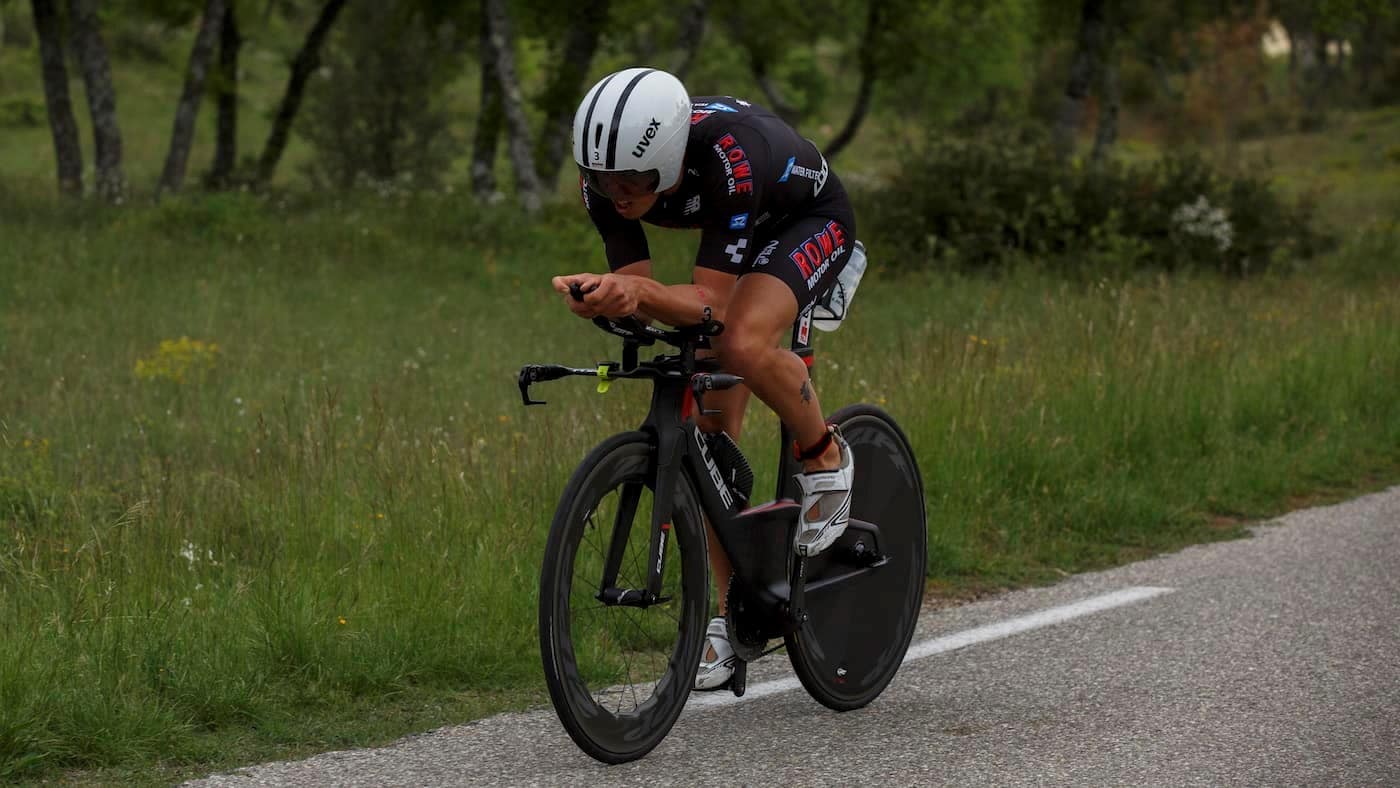
On the bike, the pressure was put on me by another athlete, so I needed to stay calm and watch how the splits evolved. From Athletica, I know the numbers I can put down from my physical performance chart, as well as the numbers I shouldn’t put down. Knowing this range is very powerful and I used this knowledge to keep me in check during the day and on track.
I also think it’s important with triathlon training to know that it’s never one session that is going to make or break you. It’s always the combination of all of these sessions you’ll find on Athletica – the SE, short interval VO2s, hill work, race pace work, and long aerobic fat burning work that makes you the complete athlete you need to be successful at long course triathlon. Therefore, many consistent good sessions are better than one or two extraordinary sessions. I can’t emphasize enough the importance of the repeated stimulus. A consistent analysis tool like you have in Athletica, that lets you know how well you’re doing to hit your target, helps you know that you are on track to reach your goals, and subsequently gives you the confidence you need when you go into these big races.

Athletica:
Thanks so much for those tips Andi. Any further tips for Athletica athletes just starting out on their journey?
Andi:
I think it’s also very important that you don’t go and train yourself into a ditch, and Athletica’s load response tools work well to help keep you on track here. Of course, you also need to always be ready to override, using common sense for your situation at all times. If an upcoming session doesn’t feel right, it probably isn’t. Wait, rest and move it accordingly as the situation requires. This helps with your big goals of staying consistent in your training and being healthy. And that’s what Athletica can be really useful for.
